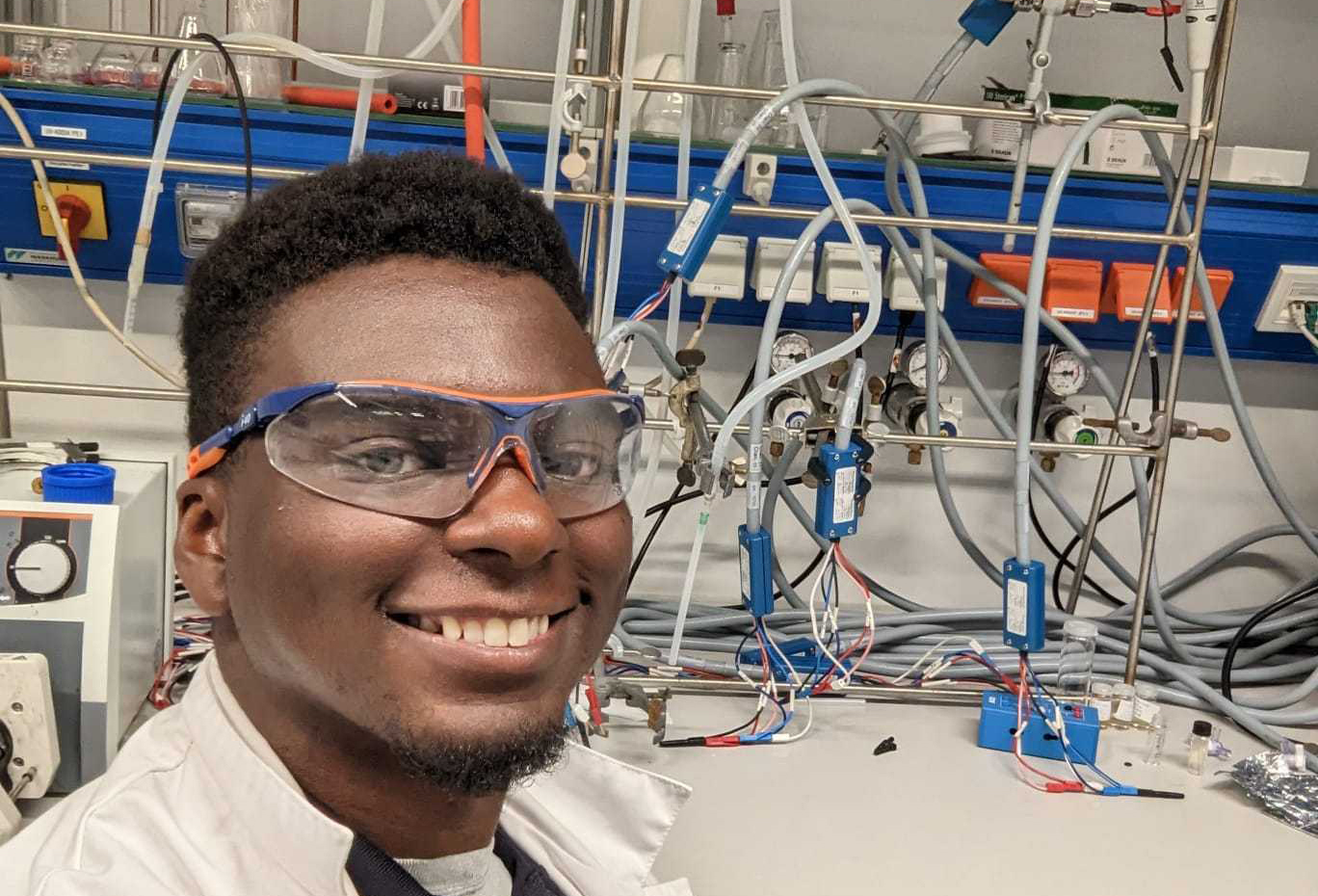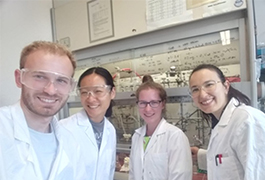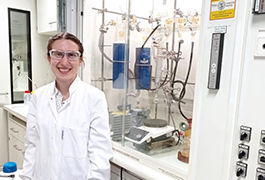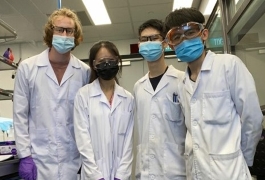A System for Dealing with Ethical Dilemmas in the Research Lab

As a chemistry student, you are faced with ethical considerations all the time. These questions are likely familiar to you: Do you report all of your experimental data or delete the outliers? Do you share your teammate’s data or just report your own? Do you need to cite information you got from social media?
As you advance in your career, you will need to prepare yourself for even bigger ethical questions down the line: Who gets credit for research—you or your research advisor? Does it matter where your grant funding comes from? How are animals used in your research (if at all)? How responsible are you for how others use your findings?
By systematically looking at each scenario as it arises, you can work through these sticky situations.
Here’s a scenario to consider:
Tom is taking an upper-level chemistry lab class with Dr. Doe, a well-known analytical chemist. Dr. Doe is nationally known and manages a group of 20 graduate students and 5 undergraduates. During class, Tom becomes interested in applying some of the methods he learned to a novel set of samples. He asks Dr. Doe for permission to use her lab’s equipment for this work. She is interested and says yes, as long as he doesn’t disrupt the work of other people in the lab and he lets her know what he has learned.
After three weeks of work, some of Tom’s data differs from related data in the literature. After reviewing his procedures carefully and rerunning several samples, Tom is convinced that his “odd data” are sound. Concerned that including the anomalous data will confuse his report, Tom considers excluding these figures from his report to Dr. Doe. Would Tom be guilty of falsification of research results by omitting these data?
When you get odd results in class, it’s usually because you messed up the experiment. But in research, odd results may or may not mean you’ve stumbled onto something new. So, what do you do?
Tactic 1: Do the math
Statistical analysis is the most straightforward method of determining whether your odd data are outliers or something worth reporting. Tom has not done this math before, but he knows that statistical tests require a significant number of data points, and his data set might not support such an analysis.
Ideally, Tom would take the time to perform more experiments and collect the needed data. But this is not an official research project, and it is not worth his time or Dr. Doe’s resources to continue the experiments.
Tactic 2: Check the ethical guidelines
There are many documents that address ethical questions in chemistry research. For example, the ACS Chemical Professional’s Code of Conduct describes expectations for the chemist’s responsibility to chemical science and its stakeholders. It specifically states that “scientific misconduct, such as fabrication, falsification, and plagiarism” are incompatible with the code.
But Tom isn’t a professional chemist. He’s an undergraduate student doing some ad hoc experiments. So Tom also checks the ACS Academic Professional Guidelines, which provide guidance for both professors and students. This document tells Tom that “laboratory notebooks should be complete, and all data should be properly recorded and analyzed…. all results should be discussed with the primary investigator…”.
This helps to answer Tom’s question, although he still must figure out the best way to approach Dr. Doe. Tom hasn’t seen Dr. Doe since the day she accepted his idea. Where else can he turn?
Tactic 3: Check with fellow researchers
When in doubt, get a second opinion. Other students in the lab might be a useful source of advice. They could review his procedures or try to reproduce his results themselves.
In this case, no grad student has been conducting the same analysis as Tom, and after making a few inquiries of other grad students, it’s clear that they aren’t in a position to help him.
Tactic 4: Check with the primary investigator
If Tom’s results are interesting enough to publish, he will need Dr. Doe’s help, if for no other reason than she provided the equipment he used. Although Tom can expect to be named as coauthor on a paper based on the work he has performed, Dr. Doe will likely be an author on this work as well. For this reason, she needs to understand the complete set of data that their paper is based on. Thus, it’s necessary and appropriate for Tom to discuss his question with Dr. Doe herself.
Tom decides to use the first three tactics to help frame the question for Dr. Doe in a direct conversation. He composes an e-mail describing his observations and concerns and then asks for a meeting to discuss the results in more detail. During their meeting, Dr. Doe is able to provide a new perspective on the data, and she and Tom develop the next steps together.
Dr. Doe also recommends that Tom develop a formal data management plan before beginning his next line of research. The data management plan will also help him keep the data organized in a way that will make publication of his results much easier, if and when that time comes.
Good science requires open communication and ethical behavior from everyone. As you learn about ethical aspects of scientific research, you can more confidently contribute to the success of your work, to that of your colleagues, and to science as a whole.





